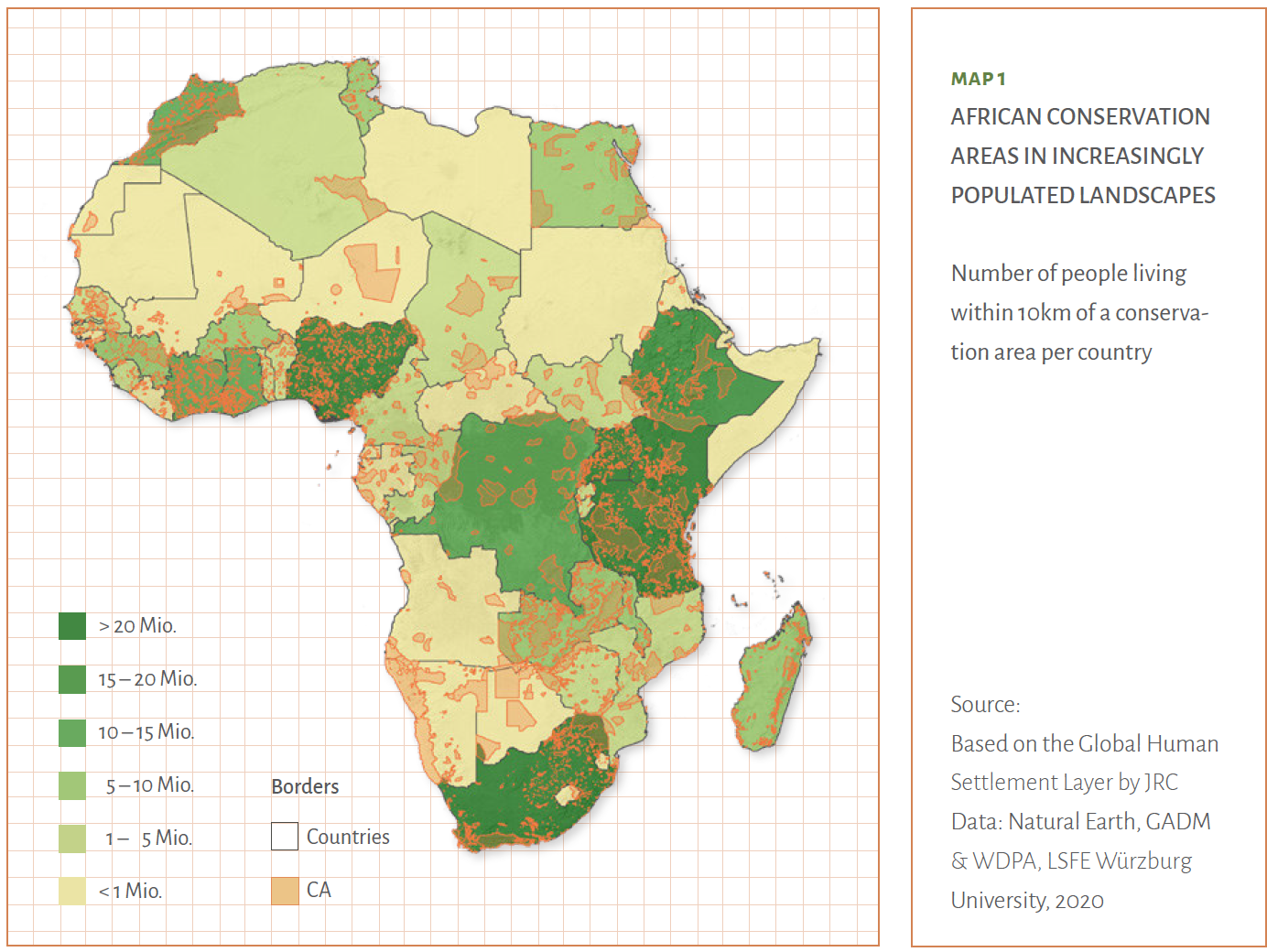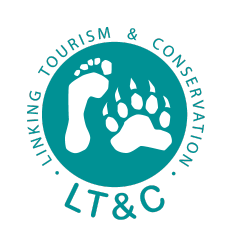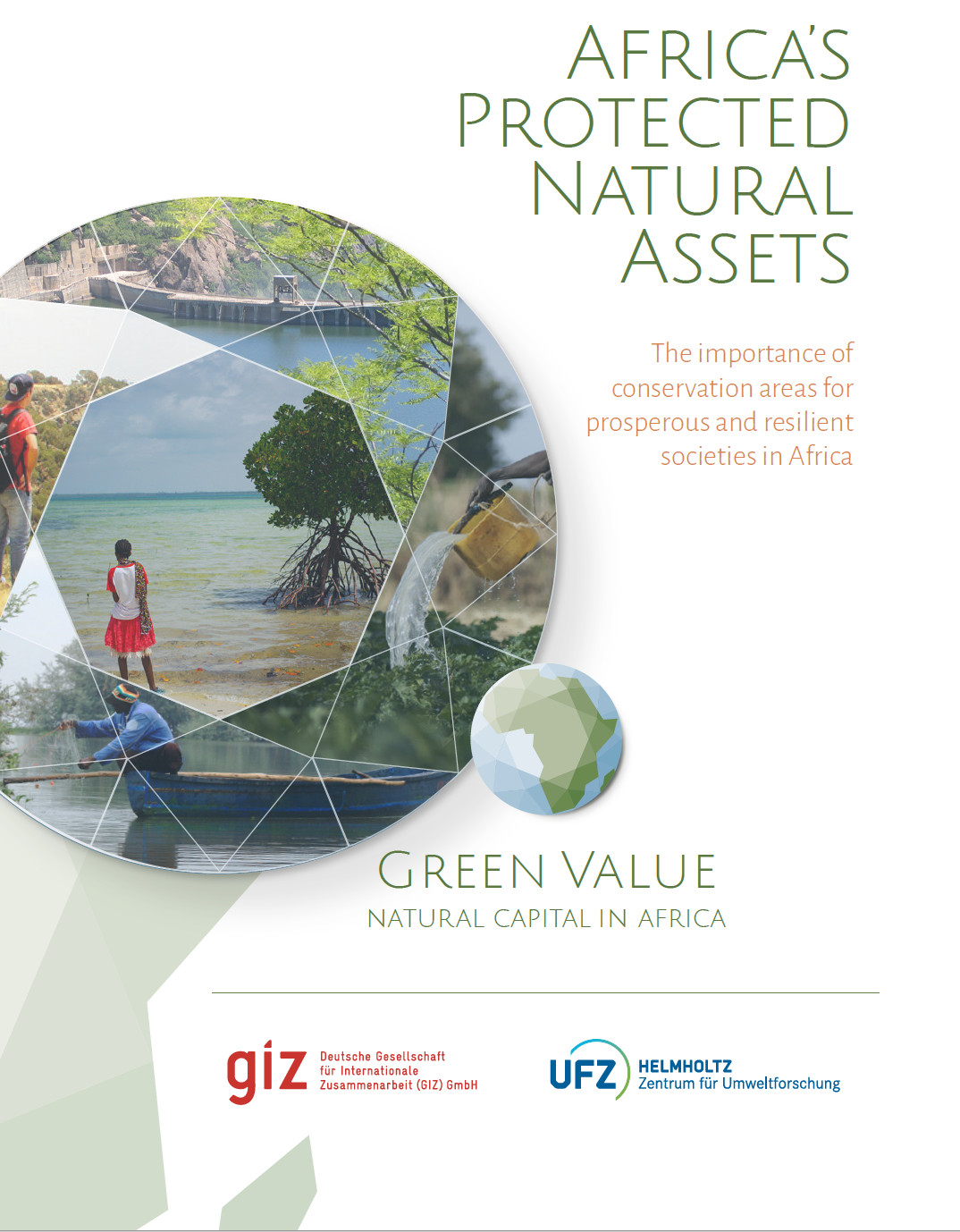by Georg Schwede
Africa’s prosperity depends on preserving its vast natural wealth, yet the continent’s natural capital stocks are dwindling rapidly, concludes a new report released by the German government on Wednesday, 25 August
The report, one of the most comprehensive assessments to date of the strong links between Africa’s development and nature protection, is the latest study to lay out evidence that economic recovery and nature protection are closely intertwined. It emphasizes that investing in nature is a critical development strategy, with benefits that are 8-9 times the costs.
Written by a team of researchers from Germany, Morocco, Mauritania, Ethiopia, Democratic Republic of the Congo, Madagascar and Côte d’Ivoire, the study shows that the continent’s most important economic sectors–including agriculture, fishing, and tourism- will thrive if nature is protected.
The study underlines the critical role Nature tourism plays for Africa’s economies. According to the authors, Nature tourism accounts for 88 % of Africa’s overall tourism revenue. In 2015 African conservation areas attracted 70 million visitors and spending in excess of US$ 50 billion. They sustained 8 – 10 million jobs in various related sectors.
The study concludes that the tourism industry in Africa has the potential for accelerated growth in the future as greater normality returns in a post-coronavirus world. This potential is strongly linked to the level of investments made in upgrading and better management of conservation areas. Such a scenario of increased investments would result in approximately US$ 2.3 billion in additional tourism spending per year and more than 370,000 additional jobs. By 2030, such a scenario would result in almost 4.1 million more jobs and additional tourism spending in the order of US$ 26 billion.




